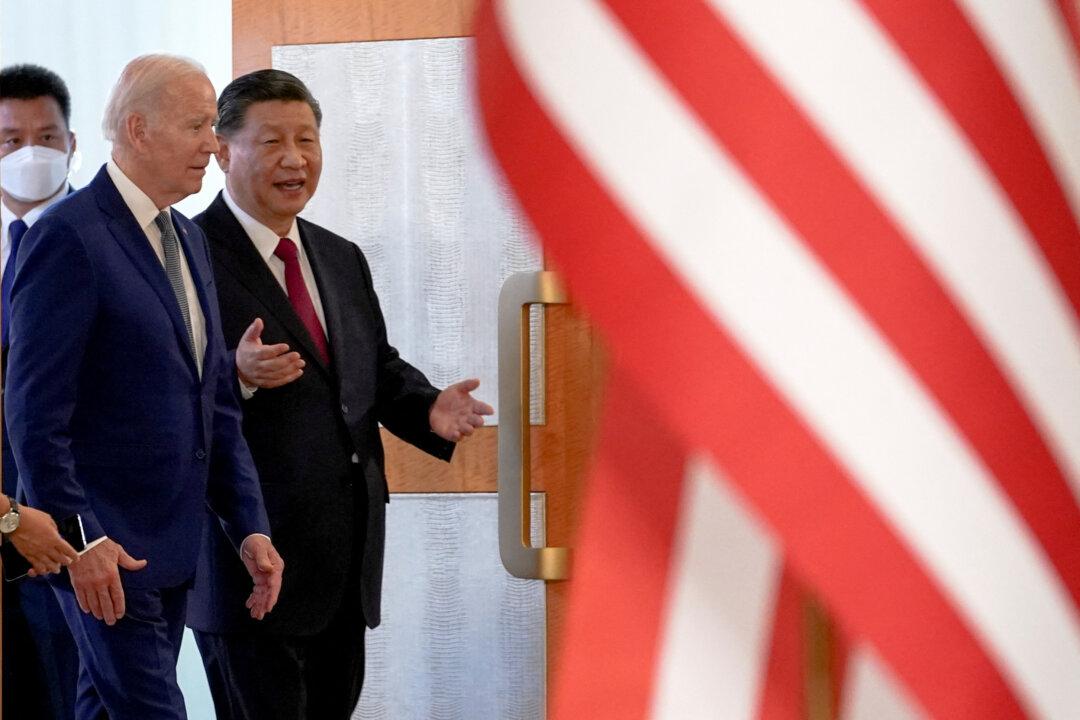President Joe Biden met with Chinese leader Xi Jinping on Nov. 14 for the duo’s first face-to-face meeting of Biden’s presidency. They discussed the future of Taiwan, human rights in China, and global competition but appeared to reach no new ground on any of the issues.
“We had an open and candid conversation about our intentions and our priorities,” Biden said after the meeting, which took place on the sidelines of the G-20 summit in Bali, Indonesia.




